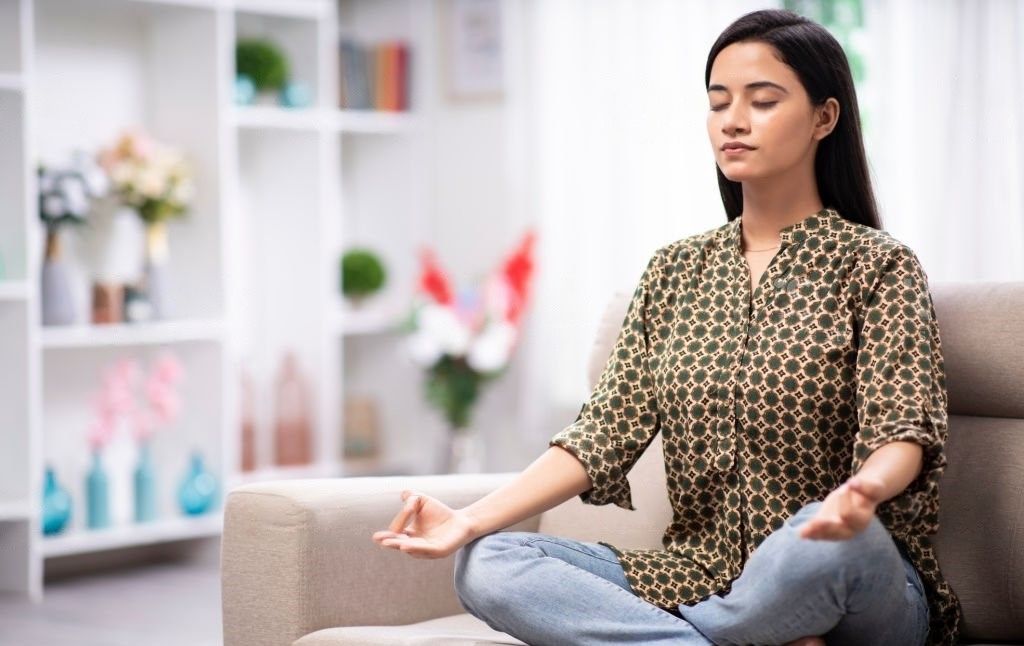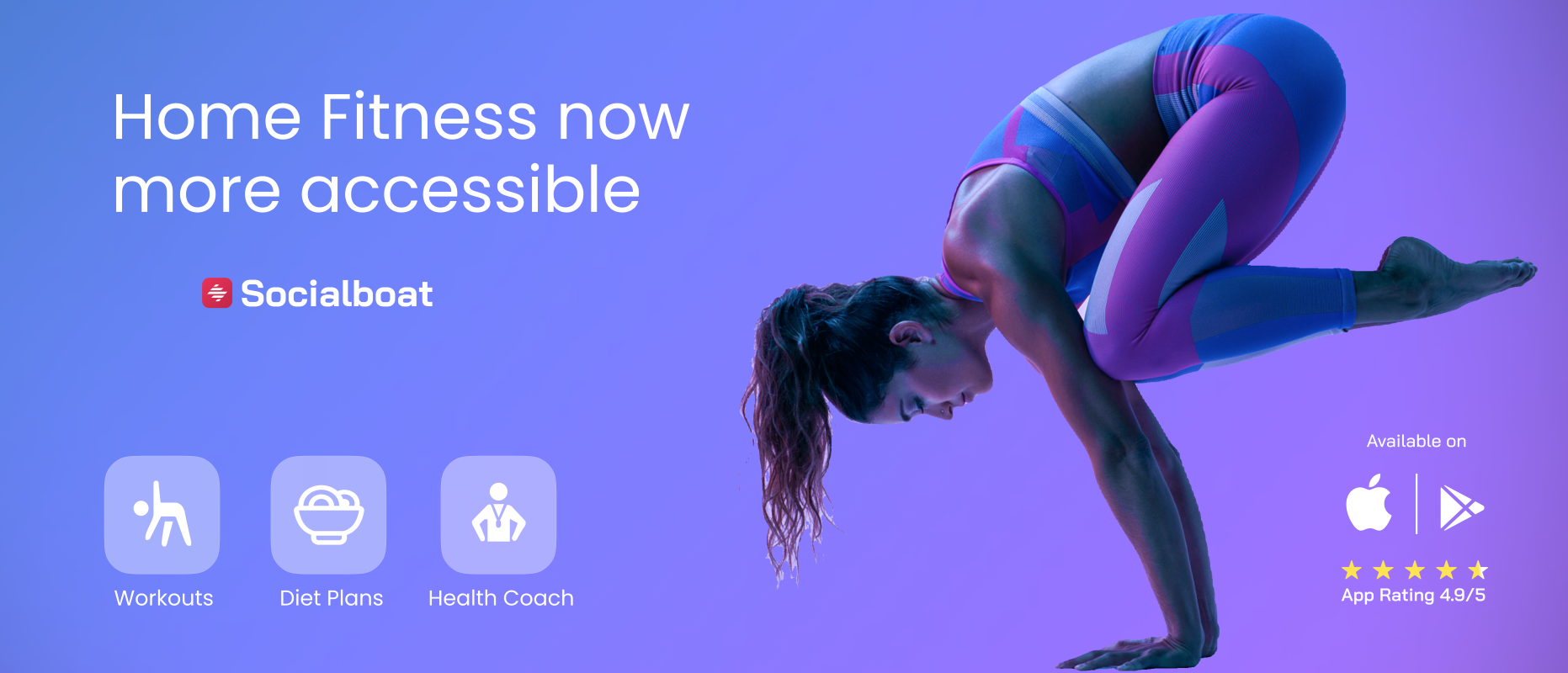Natural Remedies and Lifestyle Tips for a Comfortable Menstrual Cycle
By integrating scientifically supported methods such as staying hydrated, consuming anti-inflammatory foods, using herbal teas, and prioritizing sleep, you can develop a well-rounded approach to relieve cramps, bloating, mood swings, and other discomforts.

The menstrual cycle is a fundamental aspect of a woman's reproductive health, but it often comes with its fair share of discomfort. From cramps and bloating to mood swings, the menstrual cycle can be challenging to navigate. While medical interventions exist, many women seek natural remedies and lifestyle adjustments to alleviate these symptoms. In this blog, we'll explore evidence-based strategies that combine scientific reasoning and holistic practices to help make your menstrual cycle more comfortable and manageable.
Understanding Menstrual Discomfort
Menstrual discomfort is primarily caused by hormonal fluctuations and uterine contractions. During menstruation, the uterine lining sheds, leading to the release of prostaglandins—hormone-like substances that trigger contractions and cause pain. In addition, hormonal changes can impact mood, energy levels, and even digestive function. By targeting these underlying factors, natural remedies can offer relief and enhance overall well-being during your menstrual cycle.
Natural Remedies and Lifestyle Tips
Dietary Choices:
- Hydration: Staying hydrated is crucial for managing bloating and maintaining energy levels. Incorporate water-rich foods like cucumbers, watermelon, and oranges to help with fluid balance.
- Anti-Inflammatory Foods: Include foods rich in omega-3 fatty acids (found in salmon, flaxseeds) and antioxidants (found in berries, leafy greens). These nutrients can help reduce inflammation and alleviate cramps.
Herbal Teas:
- Chamomile: Chamomile tea has anti-inflammatory and muscle-relaxing properties that can help ease cramps and promote relaxation.
- Ginger: Ginger has been shown to reduce pain and menstrual discomfort due to its anti-inflammatory effects.
- Exercise: Engaging in regular physical activity can help alleviate menstrual symptoms by promoting blood circulation and releasing endorphins, which act as natural painkillers. Gentle exercises like walking, yoga, and swimming can be particularly beneficial.
- Heat Therapy: Applying heat to the lower abdomen can help relax uterine muscles and reduce cramps. Use a heating pad or take a warm bath to ease discomfort.
- Mind-Body Practices: Techniques like meditation, deep breathing, and mindfulness can help manage stress and promote relaxation, reducing the impact of mood swings and anxiety.
- Sleep Hygiene: Prioritize quality sleep during your menstrual cycle. Sleep supports hormone regulation and overall well-being, helping to alleviate fatigue and irritability.
SUMMARY
Managing menstrual discomfort naturally involves understanding the underlying hormonal and physiological changes that occur during the menstrual cycle. By incorporating evidence-based strategies like hydration, anti-inflammatory foods, herbal teas, exercise, heat therapy, mind-body practices, and prioritizing sleep, you can create a comprehensive approach to alleviate cramps, bloating, mood swings, and other discomforts. These natural remedies, grounded in scientific reasoning, offer a holistic way to make your menstrual cycle more comfortable and empower you to take charge of your well-being.
Jayti Shah is a Clinical Nutritionist with a master's degree in Clinical Nutrition and Dietetics. She is a member of the Indian Dietetic Association (IDA). Over the last 9 years, she has helped 400 clients in their clinical and weight loss journeys. She works with SocialBoat as a nutrition consultant.
At SocialBoat, we offer custom diet plans and guided workouts to help you achieve your goals in a 360-degree approach. Our gamified experience ensures that you don’t find workouts boring and we reward you for being consistent with your efforts.

REFERENCES
- Proctor, M., Farquhar, C., Stones, W., & He, L. (2007). Transcutaneous electrical nerve stimulation for primary dysmenorrhoea. The Cochrane Database of Systematic Reviews, 2, CD002123.
- Daily, J. W., Zhang, X., Kim, D. S., & Park, S. (2015). Efficacy of ginger for alleviating the symptoms of primary dysmenorrhea: a systematic review and meta-analysis of randomized clinical trials. Pain Medicine, 16(12), 2243-2255.
- Tzeng, Y. L., & Su, C. Y. (2005). Effects of aroma hand massage on pain, state anxiety and depression in hospice patients with terminal cancer. Palliative Medicine, 19(6), 464-470.
- Nedeltcheva, A. V., Kilkus, J. M., Imperial, J., Schoeller, D. A., & Penev, P. D. (2010). Insufficient sleep undermines dietary efforts to reduce adiposity. Annals of Internal Medicine, 153(7), 435-441.
